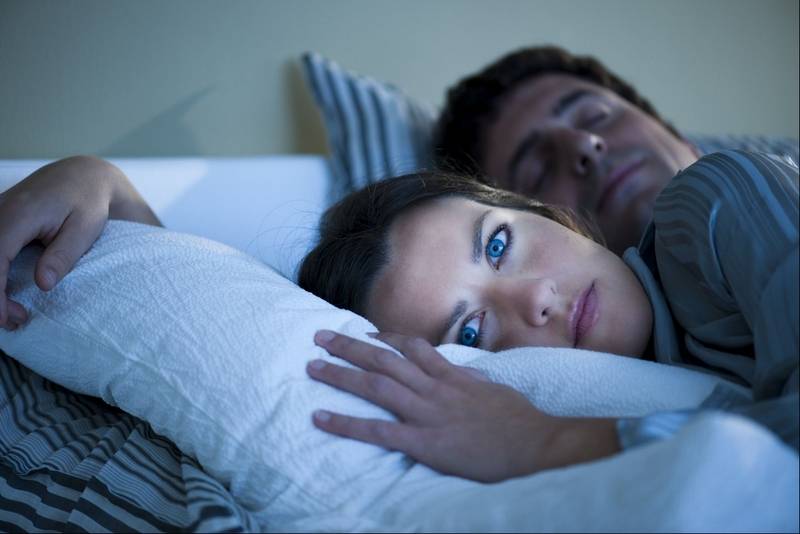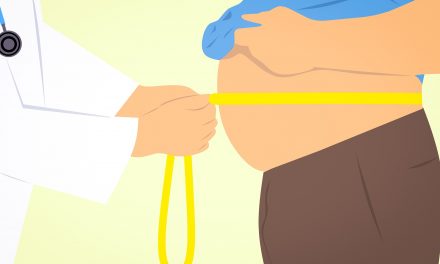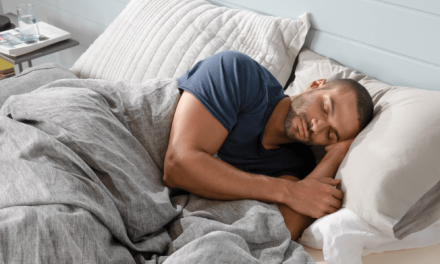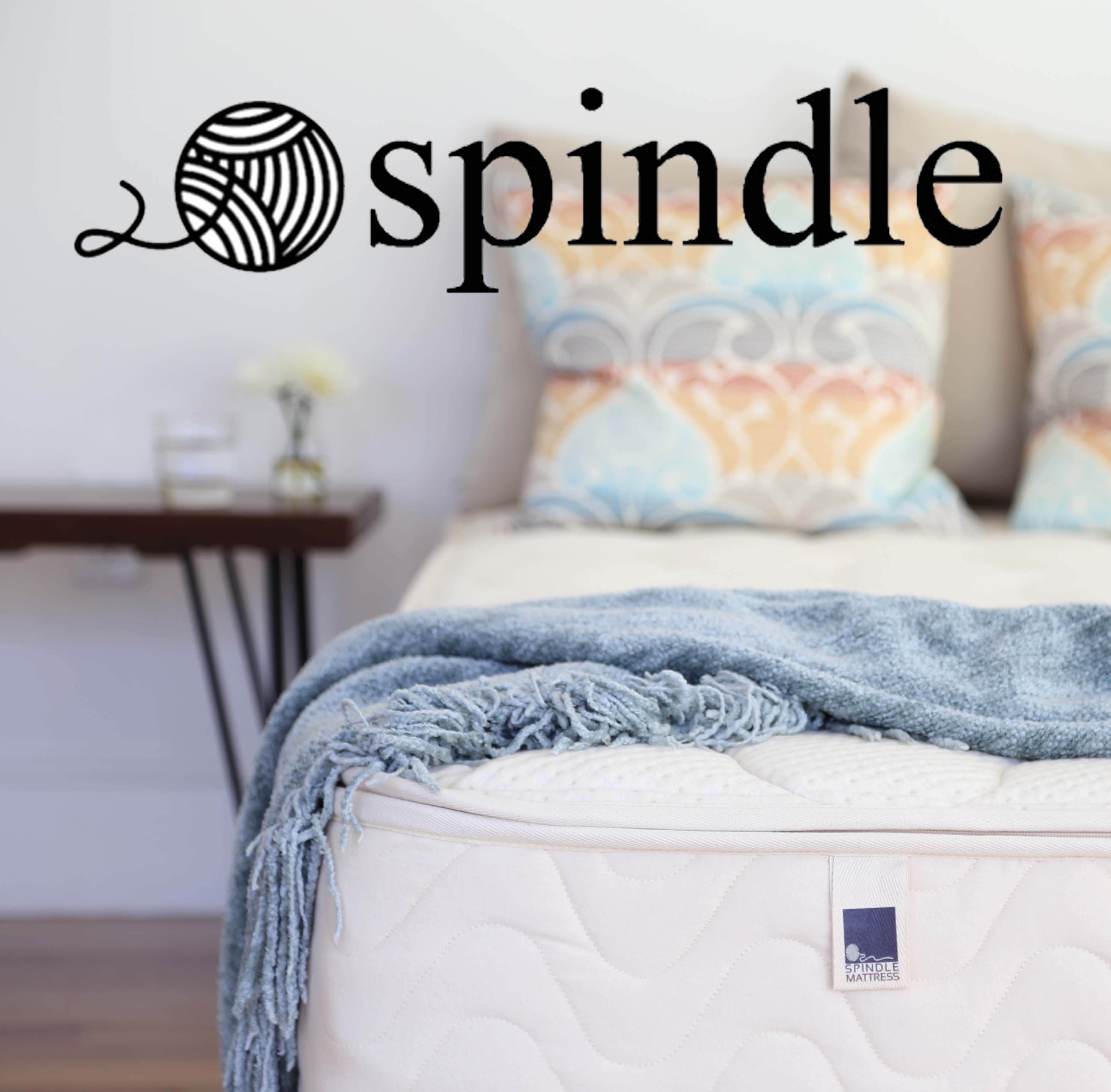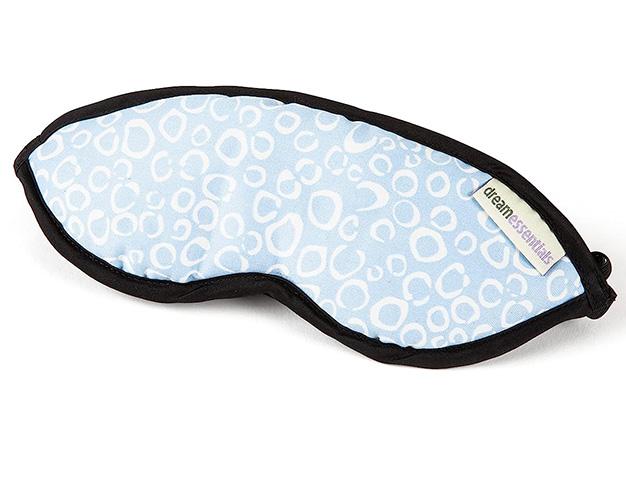Table of Contents
For decades, diet gurus and health experts have been talking about the many benefits of a balanced diet and regular exercise. Similarly, there has been an increase in the recognition that good sleep is equally beneficial for health.
When people ask, “How can I be healthier?”, the answer they often get is “Eat better” or “Exercise more”. Only a few people are told to get “Better sleep”.
Sleep takes more of our time than eating or exercising – actually, it takes about one-third of our lives, yet receives the least amount of attention.
The average person sleeps for seven to eight hours each night. That’s far more time than anyone spends exercising or eating.
Sleep is a crucial piece of the health puzzle and is what helps us recuperate physically and psychologically. During uninterrupted sleep, our energy is restored and our memories and thoughts are organized and filed away.
Why is the Inability to Sleep a Problem?
Insomnia can have many negative effects on one’s quality of life. This condition can seriously hamper your alertness and decision-making. However, insomnia disorders are not life-threatening – except in very rare cases where the person is suffering from fatal familial insomnia.
The inability to sleep produces side effects that can impact people of all ages.
A clinical study reported that 17 hours of sleep deprivation causes impaired performance. The effect is similar to people who have blood alcohol levels indicating intoxication.[1][3]
If a person that normally sleeps 8 hours per night experiences severe sleeplessness, they can expect to have some of the following symptoms the day after:
- Reduced concentration
- headaches
- Moodiness and bad temper
- A reduction in efficiency at work
- Lack of motivation
- Reduced alertness levels
- Reduced attention levels
- Slower than normal reaction time
- Lack of judgment
- Reduced awareness of the environment
- Reduced decision-making skills
- Poor memory
As you can see, knowing how to get rid of insomnia is the key to optimal performance in your social life, workplace, and family life.
How to Get Rid of Insomnia Naturally
Good sleep not only gets rid of tiredness but is one of the cornerstones of health and well-being.
In order to know how to get rid of insomnia, we must first identify the root cause of why we are. FYI insomnia and sleeplessness are synonyms and mean exactly the same thing; the inability to sleep.
Sleeplessness or insomnia can have several causes:
- Stress
- Emotional reactions
- Statically charged body
- Stimulants like drugs, alcohol, or coffee
- Eating too close to bedtime
- Irregular sleep schedule
You may be experiencing some of these things in your daily life, and some of them may be out of your control.
Knowing how to treat sleeplessness can help you get your life back in order and help you operate at optimal energy and awareness levels.
So, let’s tackle the problem head-on, with 11 tips on how to treat sleeplessness and insomnia naturally.
-
Make Sleep a Priority
This tip is number one on the list because you have to make a personal effort to sleep well. No amount of natural or home remedies will help if you don’t make sleep a priority.
Getting good sleep can eliminate, or significantly reduce most of the frustrating and unpleasant problems that accompany insomnia such as reduced awareness levels and headaches.
Good sleep can help you to feel better physically and mentally. A good night’s rest can make you feel happier, make you more fun to be with, and lets you regain your energy.
However, achieving good sleep requires commitment and prioritization. You must view sleep as a necessary activity and not as a waste of time.
If you prioritize certain activities instead of sleep, insomnia will continue to be a problem. Devoting some time and energy to overcoming insomnia will help, not interfere with, your work and other valued areas of your life.
-
Try Some Relaxation Techniques
Relaxation techniques can make it easier for you to fall asleep and can increase your chances of staying asleep.
Knowing what relaxes you is the first step to developing a technique that will work for you. Some people relax with a book while some like to soak in a bath before bed. A relaxing activity should help you tackle both tension and stress.
Tension and stress can significantly contribute to delayed sleep onset and disrupted sleep throughout the night. Relaxation reduces muscle tension, and it helps to reduce or even eliminate stress.
The strategy or approach one uses to relax will differ from one person to another. You should try several strategies in order to decide which combination suits you best.
Remember, there is no right or wrong way to relax. It is simply a matter of finding the strategies that work best and integrating them into your daily routine.
Examples of relaxing activities are:
- Reading
- Listening to a guided meditation on apps like Headspace, or Audible.
- Listening to relaxing music while in bed with the lights out. Use earphones to get the best experience.
- Playing relaxing music (if you are a musician)
-
Change Your Diet
The old saying “you are what you eat” means that if you eat well and consume a sensible, balanced diet of nutritious foods, you will be healthy. If, on the other hand, you eat unhealthy, fatty foods with a high salt content, you are more likely to be unhealthy and suffer from illnesses.
You may not have realized that diet and nutrition can also influence your sleep. A balanced diet can lead to an enhanced sense of well-being, including increased levels of energy and better sleep.
In addition to eating a balanced diet, it is recommended that you avoid eating too close to bedtime.
Here are some things to avoid before you lay down for the night:
Alcohol
The use of alcohol as a sleep remedy is fairly common. In Western societies, alcohol is a widely accepted form of self-medication – that is, people consume it not only for social occasions and enjoyment but also to deal with stress, anxiety, and sleeplessness.
One study carried out by researchers at John Hopkins University revealed that binge drinking alcohol can contribute to insomnia.[4]
Caffeine
What you drink can affect your sleep as much as what you eat. Products that contain caffeine are likely to have an impact on the quality of your sleep. The problem can be amplified if caffeinated drinks are consumed in large quantities or if they are consumed too close to bedtime.
Cigarettes
Many smokers say that they find smoking relaxing. However, the nicotine in cigarettes is at the same time a drug and stimulant, with effects similar to caffeine.
There is a psychological belief among certain smokers that their habit acts as a sleep aid. Yet we know that due to its stimulating effects, smoking is much more likely to disrupt sleep.
If you smoke a cigarette every waking hour, your body will get accustomed to regular doses of nicotine. During the night, your body could experience withdrawal symptoms which could cause you to wake up. You may find it increasingly difficult to get a good night’s sleep while maintaining a smoking habit.
Smoking and nicotine also affect the respiratory system and can lead to a slew of illnesses including chronic bronchitis and emphysema. Respiratory illnesses like these may be a contributing factor to insomnia.
-
Exercise More to Improve Insomnia Disorders
Although regular exercise and sleep may seem like polar opposites, they are dependent on one another. Regular exercise is an important factor in getting good sleep.
Researchers at Rensselaer Polytechnic Institute[5] say that exercising outdoors in the morning sunshine will help improve the quality of your sleep. Their study found that the quality of your sleep is strongly affected by the amount of morning sunlight you get.
Another factor that contributes to good sleep is exercising outdoors barefoot while being in direct contact with the ground. When the soles of your feet come into contact with the ground, your body gets discharged from the positive ions it has accumulated. Too much of a positive charge in your body will adversely affect your health and the quality of your sleep. So take off your shoes, walk around in the grass, and get rid of that static energy!
Exercising has similar effects as sleeping pills and has a beneficial effect on our circadian rhythm, which is the brain’s natural way of telling us when it’s time to sleep and wake.
-
STOP Worrying, Thinking, And Rehashing During Bedtime!
Anxiety is the most common cause of chronic insomnia and is a significant contributing factor for up to 80% of insomnia sufferers.
The most troublesome type of anxiety is the unstoppable mental activity that involves constantly rehashing your day when you are trying to sleep.
In some cases, anxiety could be acting as the root cause of insomnia.
Due to the pressure and stress associated with our busy lives, some people find it difficult to turn their brains off at night. In order to avoid rehashing events in your life when you’re trying to fall asleep, try clearing your mind. Focus on calming thoughts. A simple technique is called visualization.
Try imagining air entering your nose. The air gradually fills up your lungs that are being pulled open by your diaphragm. The air then slowly exits your nose when you exhale.
You can also try counting the number of seconds it takes for you to inhale and exhale. Maintain the same number for each and try to make it as slow as possible.
-
Herbal Remedies Can Help Treat Insomnia Disorders
You can use various herbs for insomnia treatment. These herbs have sedative properties that help in promoting sleep.
Herbal teas, infusions, and baths correct the imbalances within the body that cause sleeplessness and can help in curing insomnia naturally.
The commonly prescribed herbs for insomnia are:
- passionflower
- skullcap
- hops
- valerian
- chamomile
There are a variety of active ingredients in each herb that will help induce sleep. Follow the recommended infusion time for each herb to get the best results.
Consult your doctor before taking herbal teas and supplements for an extended period of time. Some herbs may interact with the medication that you are currently taking, so get your doctor’s recommendations before use.
-
Acupuncture Can Help Relieve Stress and Improve Sleep
Acupuncture is a Chinese treatment where needles are inserted into specific areas of the body. These points lie along energy conduits called meridians.
Acupuncture adjusts the flow of energy within the meridians. These meridians control several aspects of our body’s functioning. These points are stimulated using acupuncture treatment to produce beneficial physical and mental changes in the body.
Some people use acupuncture for treating insomnia because it has an extremely relaxing effect on the nervous system. Using acupuncture for insomnia is relatively safe.
With the help of acupuncture, stress hormones are reduced and a deeply calm state of mind is achieved.
-
Practice Yoga for Insomnia Disorders
The practice of yoga as an insomnia treatment can be very effective. The stress-reducing, calming, and natural balancing effects of yoga are a perfect remedy for mild or acute insomnia.
Through relaxing physical exercise, breathing techniques, and meditation, you can promote regular and restful sleeping patterns without resorting to sleep-inducing drugs.
Yoga is suitable for people of all ages and can be performed up to an hour before bed.
-
Natural Latex Mattresses and Pillows
Switching to a natural latex mattress may act as a remedy for sleeplessness. Their softness and continuous form support is the reason latex mattresses and pillows work so well. Plus they help to align the spine during the night, providing extra support while you sleep.
A latex mattress will provide outstanding comfort and exceptional support, making it easier to sleep through the night.
Latex mattresses and pillows offer much more than a good night’s sleep. Here are some awesome benefits:
Anti-microbial and hypoallergenic
Natural mattresses are made with anti-microbial and hypoallergenic materials. This will reduce your likelihood of developing a respiratory illness that would interrupt sound sleep.
They are biodegradable
Our landfills are packed with mountains of mattresses that can’t be recycled. Every component of a 100 % natural latex mattress is either recyclable or biodegradable, so using a latex mattress will help reduce your environmental footprint.
It is durable
One of the main benefits of natural latex mattresses is that they are more durable than regular polyurethane mattresses. Most latex mattresses come with warranties ranging from 10 to 15 years. This is because they are built to last and the natural latex foam used to make them will retain its shape over time.
Helps reduce pain
When you sleep on a natural latex mattress and pillow, you may experience less joint, muscle, and back pain. The natural latex cushioning layer will provide you with a luxurious and buoyant sleep surface. This will offer pressure relief for your body and help reduce pain.
-
Earthing/grounding Bed Sheets
Earthing bed sheets and sleeping pads are a great way to get the benefits of grounding while you sleep. Earthing is an innovative technology that gets rid of your body’s static charge and helps reduce inflammation. Users of earthing products have reported improvements in sleep quality and overall health.
By using an earthing device in your bed, you will harness the benefits of grounding to the earth while you sleep. The benefits are similar to the barefoot exercising example mentioned above. If you are having trouble getting a full night’s sleep or are struggling with chronic illnesses and pain, earthing sheets and mattress pads may help.
I recommend having a dedicated grounding cable to your earthing device of choice for this purpose. Many people connect earthing devices to the ground port in a household outlet. The ground port in your home outlet can actually carry some electricity because it runs next to the live wire from the breaker box all the way to the outlet. In some cases, the ground wire in your home picks up EMF from the live cabling and can transmit it to your body.
Furthermore, in the event of a short circuit or any other electrical fault, the last thing you would want is to be connected to your home’s electrical wiring. You may be putting your safety at risk by connecting an earthing device directly to a ground port.
The best method for earthing is to have a dedicated wire that goes outside of the house and connects to a metal stake in the ground. The ground must be humid and consist of good-quality soil for it to be conductive.
Earthing bed sheets can effectively ground you while you sleep. They are just like normal bedding sheets but have a conductive material woven into them. This material is linked to a wire that connects it to the ground. Please note that the durability of earthing sheets is limited. Sometimes the connections between the silver threads in the sheet get severed. If this happens, the sheets are no longer conducive. Regular conductivity testing is required in order to ensure that earthing bedsheets are grounding properly.
Earthing mats are also available for this purpose. The mats are more versatile and longer lasting than the sheets. You can sleep directly on a mat or put one underneath your regular bed sheets. By using a single mat, you won’t have to invest in several sets of grounding sheets.
-
Avoid Display Screens Before Bedtime
Abstaining from display screens right before bedtime is recommended by many sleep experts.
Too much screen time before bed can leave you feeling groggy in the morning. Cell phones, TVs, tablets, and iPads are some examples. The blue light emitted by the device will stimulate your body and make it more difficult to fall and remain asleep.
We are surrounded by electronic devices, so it can be hard to avoid them. If you can effectively manage the time you spend on devices by limiting use, you will get better sleep and feel more rested in the morning.
Conclusion – Put more time into sleeping well
Almost everyone agrees that good sleep is beneficial for overall health. In fact, good sleep is wonderful. A good night’s rest can make any problem and situation seem manageable. Good quality sleep can provide you with the strength and resources to cope with most of life’s difficulties.
On the other hand, poor sleep makes small problems appear much larger than they actually are. It turns molehills into mountains. Poor sleep takes away your ability to live life to its fullest potential and reduces the amount of satisfaction that you get from daily activities. Bad sleep affects your mood, your work, your relationships, and many other aspects of your life.
Try some of these tips to find out which ones work best for you. If you find an effective solution for insomnia from this list or otherwise, please share your experience by leaving a comment below.
Sources
- https://www.ncbi.nlm.nih.gov/pmc/articles/PMC1739867/pdf/v057p00649.pdf
- https://www.ncbi.nlm.nih.gov/pmc/articles/PMC3508958/
- https://www.everydayhealth.com/conditions/what-happens-when-you-dont-sleep-days/
- https://aasm.org/frequent-binge-drinking-is-associated-with-insomnia-symptoms-in-older-adults/

